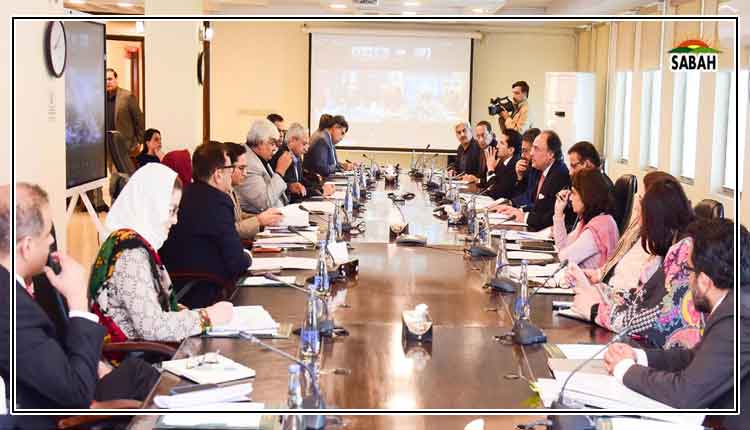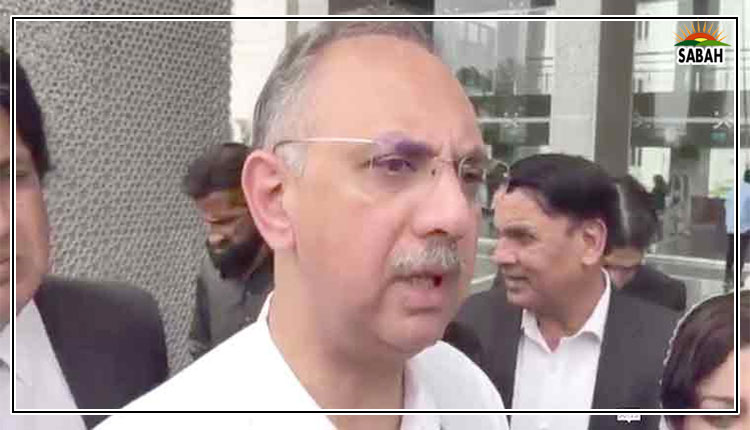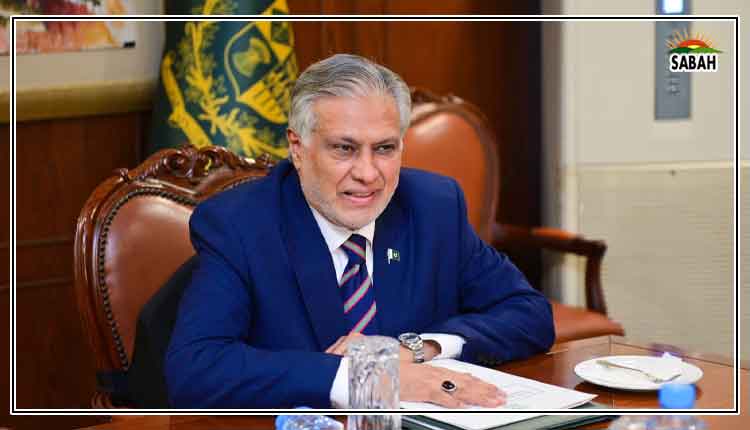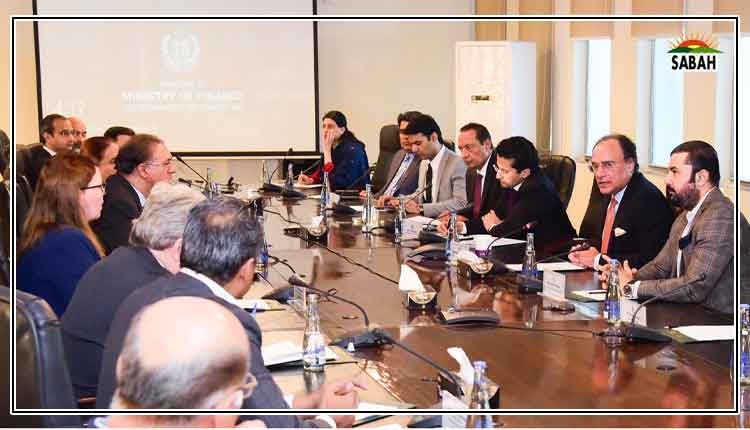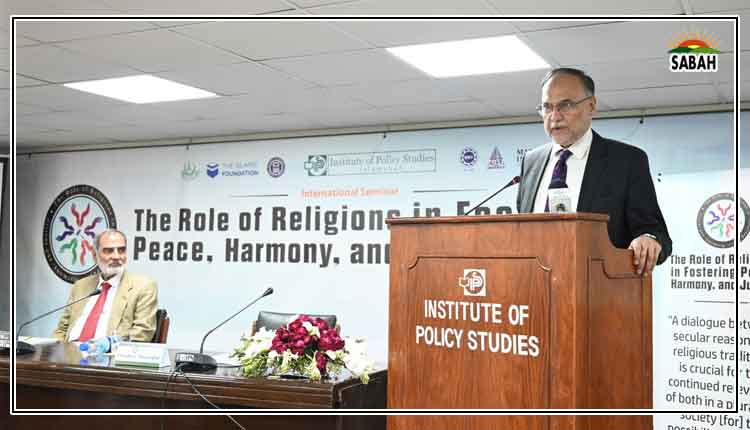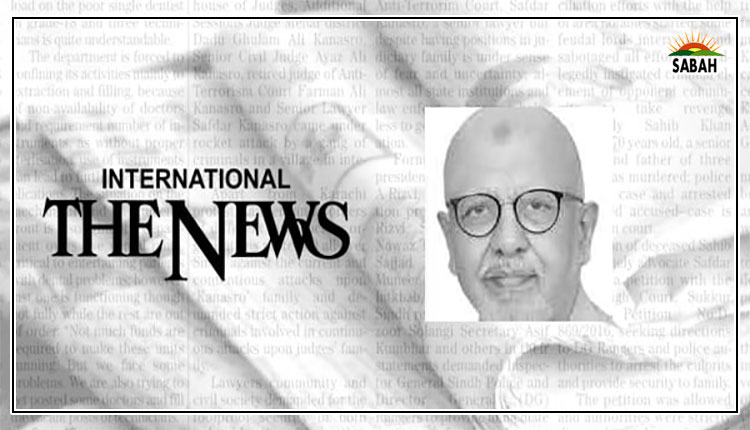Unholy taxation…By Farhan Bokhari
As Prime Minister Shehbaz Sharif’s government races to meet its promises to the IMF for revenue collection, Islamabad’s power corridors are buzzing with novel ideas to meet that goal. In a country where just around two per cent of the population is listed among income tax filers, the journey ahead will be far from easy.
In stark contrast to some of the world’s thriving economies with a large base of taxpayers, Pakistan suffers from a chronic illness – the failure to tax those with influence and means. The end result has repeatedly forced the authorities to embrace unholy mechanisms for meeting revenue collection targets, though tragically without long overdue reforms and improved compliance with the taxation system.
An ongoing case in point relates to a fresh push to slap another layer of taxes on banks across Pakistan, which represent one of the few sectors that continue to expand in a largely moribund economy.
In recent weeks, banks have desperately searched for large new borrowers, willing to take fresh debt at below-market rates. The practice has nothing to do with either an economic recovery or banks becoming flush with cash.
Instead, banks across Pakistan have been forced to lend more to the private sector after their advance-to-deposit ratio or ADR – a measure of the proportion of their total deposits given as loans – was raised. If banks fail to meet the magic number of their ADR falling below 50 per cent by end-December in line with an official order, they will face a hefty penalty.
The measure is the latest attempt to raise revenue and meet the IMF’s target while also overseeing a large outflow of credit to the private sector. But it is just short-sighted to imagine that more credit alone will help overcome the fallout from political and other trends that have undermined investments in Pakistan in the first place.
In sharp contrast to the ADR case, Pakistan’s provincial governments have begun work this year on new legislation to slap a fresh income tax on earnings of the country’s wealthiest landowners. Yet, it’s still unclear exactly how far the move will succeed with resistance from key elements in mainstream political parties that represent the interests of farm owners and have historically blocked moves to tax the incomes of farmers.
More significantly, even if the change is introduced on paper, it might be years before Pakistan can successfully turn that into reality as the infrastructure to collect income tax on farm incomes is practically non-existent. Besides, with incomes from farms having plummeted this year, it is difficult to imagine exactly how much the government will successfully yield from taxing this sector.
Together, these two cases reflect poorly on Pakistan’s long-term failure to lift its tax collection sustainably. Successive governments have moved quickly to tax those without clout under sweeping measures while others with influence have resisted moves to be drawn into the tax net.
Such contradictions have been repeatedly reinforced with a broader gap – the failure to tax more than a narrow segment of Pakistan’s population which is close to 240 million. This is notably a challenge as Pakistan has come increasingly under financial pressure from its growing burden of domestic and foreign debt. For the foreseeable future, the country’s fast emergence from this challenge appears unlikely unless key players within the ruling class come together to embrace unprecedented reforms, irrespective of the political cost to their very own future.
This discussion can not be held in isolation from Pakistan’s economic direction today. Once again, the government in Islamabad and its political partners in the populous Punjab province have set out to embrace large infrastructure projects such as expressways and fancy trains.
It is a direction that can best be seen as a colossal blunder coming at a time when Pakistan’s economic growth appears to be at a virtual standstill. The projected rate of economic growth is almost at par with the country’s population growth, neutralising the gains from a growth which is much too paltry anyway.
Going forward, Pakistan must embrace a two-tiered set of reforms to begin lifting revenue from tax collections in a sustainable way.
On the one hand, it is vital to rapidly work towards broadening Pakistan’s base of tax collection to avoid measures like the targeting of banks as witnessed recently. This is essential to lay the cornerstone of a more modern network of tax collections.
On the other hand, Pakistan cannot expect to embark on a long-awaited economic recovery unless the country can first remove the key impediments blocking that goal. These must include ending the repeated infighting that has witnessed the PML-N-led ruling structure engage in battles with the opposition PTI time and again, in just ten months since last February’s parliamentary elections this year.
For now, relying on unholy taxes to rebuild Pakistan’s economy will just not work to reverse the rot.
COURTESY



